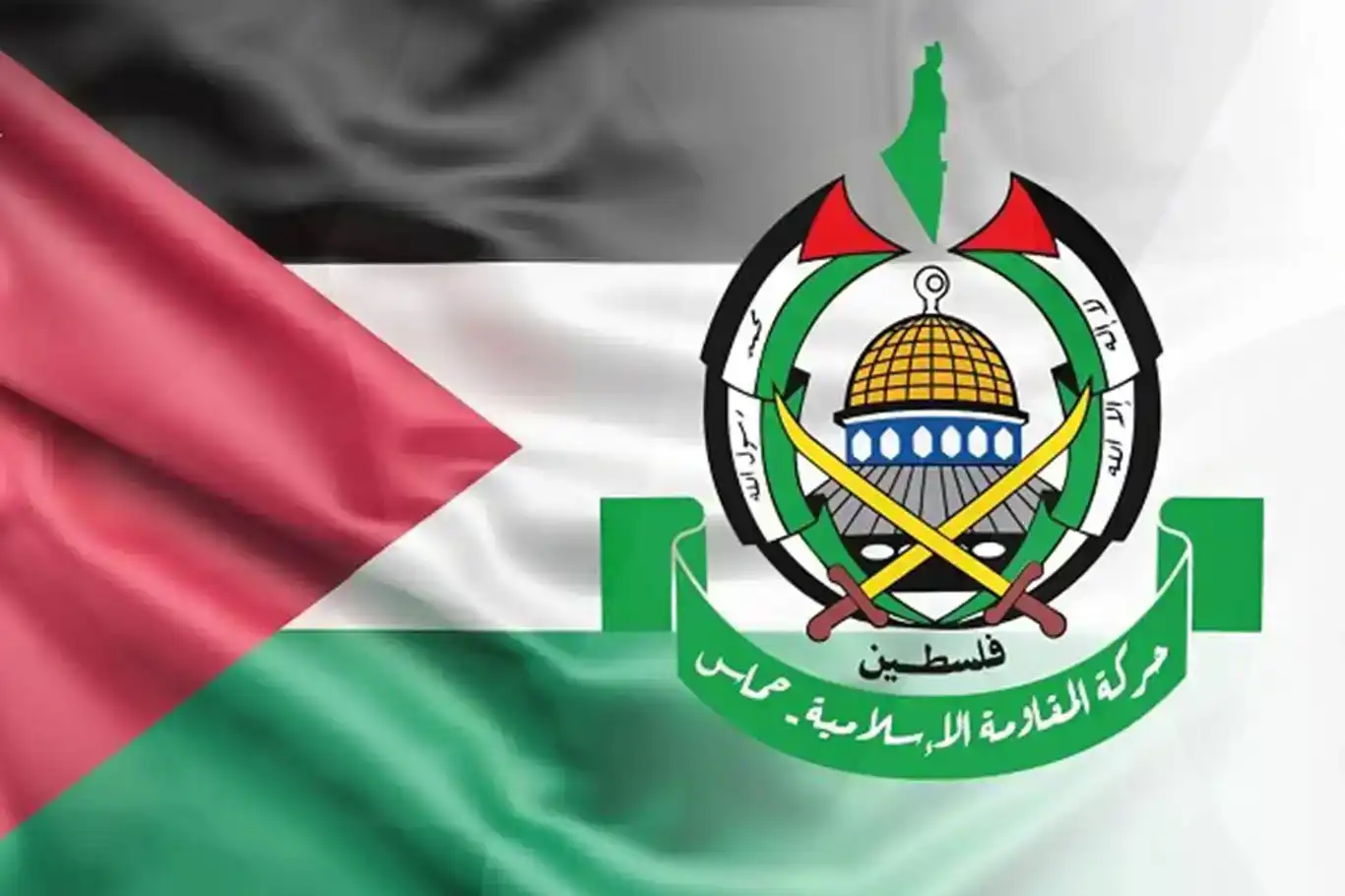White House: Israel accepts U.S.-backed ceasefire proposal to end Gaza genocide


The White House announced Thursday that Israel has accepted a ceasefire proposal drafted by U.S. President Donald Trump and his Middle East envoy, Steve Witkoff, as the Palestinian resistance movement Hamas continues to review the terms amid Gaza’s deepening humanitarian catastrophe.
White House Press Secretary Karoline Leavitt confirmed that the proposal—developed in close coordination with Israel—was delivered to Hamas after receiving Israeli approval. “Special envoy Witkoff and the president submitted a ceasefire proposal to Hamas, that Israel backed and supported,” Leavitt stated. She expressed hope that the deal would secure the release of Israeli hostages, but made no mention of the thousands of Palestinian prisoners, many held without charge, languishing in Israeli jails.
The ceasefire proposal comes after months of unrelenting Israeli military attacks that have killed over 35,000 Palestinians, most of them civilians, and displaced more than a million. Entire neighborhoods have been reduced to rubble, hospitals destroyed, and Gaza’s infrastructure crippled under Israel’s ongoing blockade and siege—conditions the international community has increasingly condemned as collective punishment and possible war crimes.
Hamas has yet to issue a formal response, but has confirmed it is carefully evaluating the proposal. Critics of the U.S.-led process argue that the deal was crafted without meaningful Palestinian participation and fails to address the core issues driving the conflict, including occupation, blockade, and the denial of Palestinian rights.
State Department spokeswoman Tammy Bruce expressed guarded optimism about the deal, stating, “We do believe that it has some significant promise.” Media reports from Saudi Arabia and Israel have speculated the proposal may include a 60-day ceasefire, though Leavitt refused to confirm any specifics, saying only that any official announcement would come from the White House.
Palestinian leaders and human rights groups have warned that any ceasefire not tied to broader political solutions risks prolonging the cycle of violence. They insist that any deal must include an end to the Israeli occupation, the lifting of the 17-year blockade on Gaza, and concrete support for reconstruction efforts.
“The people of Gaza need more than a pause in the bombing—they need their freedom, their dignity, and their land back,” said a spokesperson for a Palestinian civil society coalition.
As the enclave continues to suffer under siege and daily bombardment, pressure is mounting on the international community to shift from short-term ceasefires toward a just and permanent resolution that centers Palestinian rights, liberation, and justice. (ILKHA)
LEGAL WARNING: All rights of the published news, photos and videos are reserved by İlke Haber Ajansı Basın Yayın San. Trade A.Ş. Under no circumstances can all or part of the news, photos and videos be used without a written contract or subscription.
Millions of Yemenis flooded the streets of Sana’a and over 500 locations across 14 provinces on Friday in massive demonstrations denouncing Israel’s ongoing military assault on Gaza and the repeated violations at Jerusalem’s Al-Aqsa Mosque.
Francesca Albanese, the United Nations Special Rapporteur on the situation of human rights in the occupied Palestinian territories, issued a scathing statement on Friday, accusing Israel of using humanitarian aid as a façade to mask ongoing violations in Gaza.
The United Nations Relief and Works Agency for Palestine Refugees (UNRWA) has issued an urgent appeal for the immediate and unrestricted entry of humanitarian aid into the Gaza Strip, warning that the ongoing Israeli blockade and military campaign have pushed the enclave to the brink of collapse.
The Russian delegation will arrive in Istanbul and be ready on the morning of June 2 to resume negotiations aimed at reaching a settlement in the ongoing conflict with Ukraine, Kremlin spokesperson Dmitry Peskov announced on Friday.